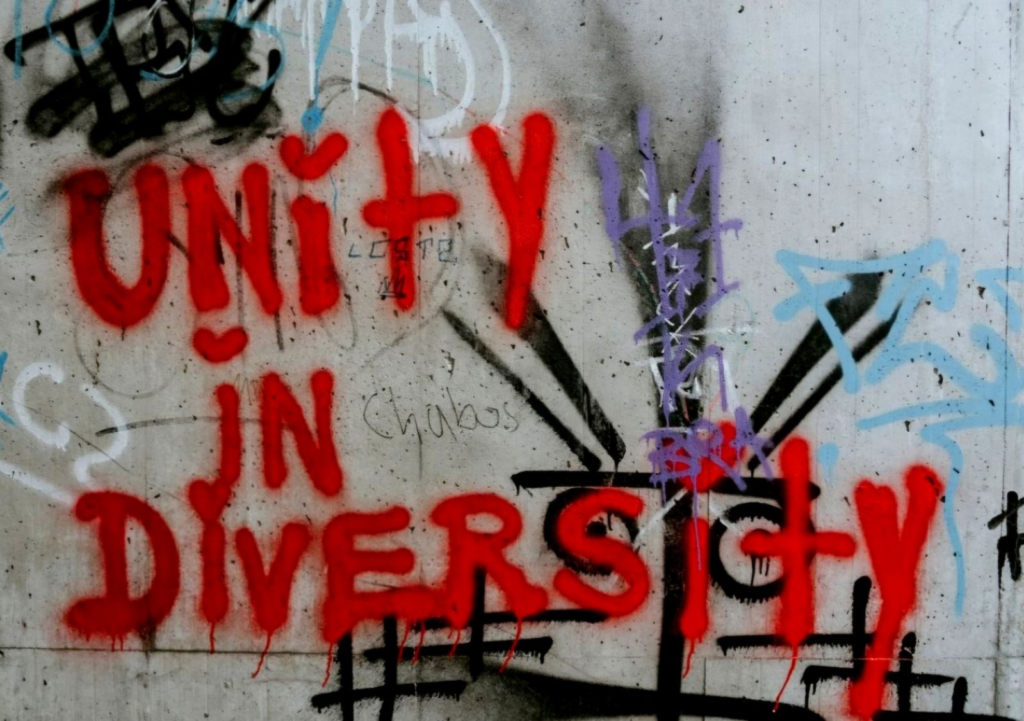It’s time for people to start thinking about and planning a response to the next round of possible election contestation and violence.
As we have monitored the news over the past three years, most people had faith in our legal system to save us from the likes of hate-driven militias and those who would intentionally undermine our elections. Despite increasing threats against members of the judiciary, many courts have ruled with integrity as more than 700 people pleaded guilty to charges and over 170 people were convicted of crimes related to the Jan. 6, 2021, breach of the Capitol building. Experts say these outcomes have had a deterrent effect.
Meanwhile, the grand jury working on the 2020 election interference case in Georgia advanced following Trump’s phone call pressuring the Governor to find votes for him, a phone call we all heard. After two years of investigation, in August 2023, Trump and 18 others were indicted for an alleged scheme to stop the peaceful transition of power. In the public portion of the report, the grand jury was unanimous in finding no evidence of widespread voter fraud in Georgia as Trump claimed. In other words, they didn’t believe there was valid justification for his attempts to overturn it.
We were able to see the wheels of justice grinding through the wreckage of the 2020 election. Our justice system was working! Indeed, the courts appeared to be doing a great job of dealing with legitimate threats of political violence and election sabotage.
Then the tide turned and hope that our judicial system would complete these cases before the 2024 race began to fade.
In November 2023, state-level legal cases geared up to argue that Trump’s words incited the violence at the U.S. Capitol. Therefore, they proffered, he was in violation of the 14th Amendment to the Constitution’s Insurrection Clause and should be prevented from serving as president again. Trump’s legal response focused not on the substantive issue at hand, but who had the right to make that call. During a surge in attacks on the judiciary around that time, the state supreme court in Colorado was shaky about its authority to decide whether Trump should be removed from the state’s ballots. Ultimately, the case went to the highest court in the land.
In an unsigned opinion in March 2024, the U.S. Supreme Court determined that states did not have the right to apply the 14th Amendment and could not bar Trump from appearing on their states’ presidential ballots. This ruling did not settle the question of whether Trump’s language incited violence on Jan 6. It merely addressed the question of who could make that determination—a procedural matter.
In the Georgia case, the focus also turned to procedural matters. First, members of the state legislature tried to change the law to prohibit Fulton County District Attorney Fanni Willis from prosecuting. When that didn’t work, the Trump team went after her personal life. That’s when, in early 2024, Willis was charged with having an improper personal relationship with a prosecutor. Suddenly, the Georgia case became about her rather than the indictees. The case is now on hold while an appeals court reviews a lower court decision to allow Willis to remain on the case. In other words, the case has been slow-rolled due to procedural issues and will not likely go to trial before 2025—when Trump may already be in office.
Finally, in December 2023, the judge overseeing Trump’s federal election case—where he was charged with conspiracy to defraud the United States for resisting the peaceful transfer of power, among other things—paused the proceedings to determine whether Trump has presidential immunity from criminal prosecution. The proceedings were originally scheduled for March 2024. But since the Supreme Court ruling on July 1 that presidents enjoy broad immunity from criminal prosecution for their “official” acts, the federal election case will be returned to a lower court to determine which of Trump’s acts around the 2020 election fall into that category. Even if the district court judge starts sorting through this right away, there is virtually no chance of a trial before November.
This lack of judicial review and accountability for any high-level coordination of the events of Jan. 6, 2021, gives the green light to anyone who may be planning election interference and political violence during this upcoming presidential election.
Even if Trump didn’t orchestrate the aggression against U.S. government property and democratic processes, even if he is not leading the Stop the Steal movement, it is easy to look around and see that those initiatives were and continue to be supported by a complex ecosystem of pundits, elected officials, and media outlets who have propelled disinformation and stoked distrust in our electoral system. It’s a powerful force.
Yet, according to experts on nonviolent collective action, there’s a force more powerful than violence. Now, roughly four months from the November election, it’s up to citizens to dig deeper and find ways to come together across our divides so that we can raise our voices in harmony against political violence. We must be prepared to stand together in nonviolent collective action to stop election fraud in 2024. We must continue the tough work of (re)building our trust in each other despite our differences.
If there are new attempts to deploy violence to manipulate election outcomes later this year, those of us who believe in the power of nonviolence, dialogue, and unity in diversity need to be as organized—even more so—than those militias were on Jan. 6, 2021.
Danielle M. Reiff is a professional peacebuilder who has lived and worked around the world promoting democracy, human rights, and peace. She is currently leading the Peacebuilders initiative in the lead-up to the 2024 elections to promote nonviolence, unity in diversity, and a peaceful transfer of power. She moderates the non-partisan Vote for Love Facebook group which provides safe online space for Americans to come together across our divides.



